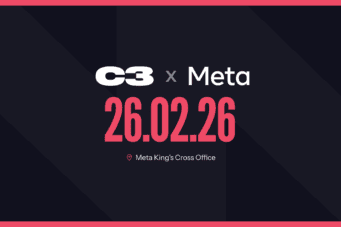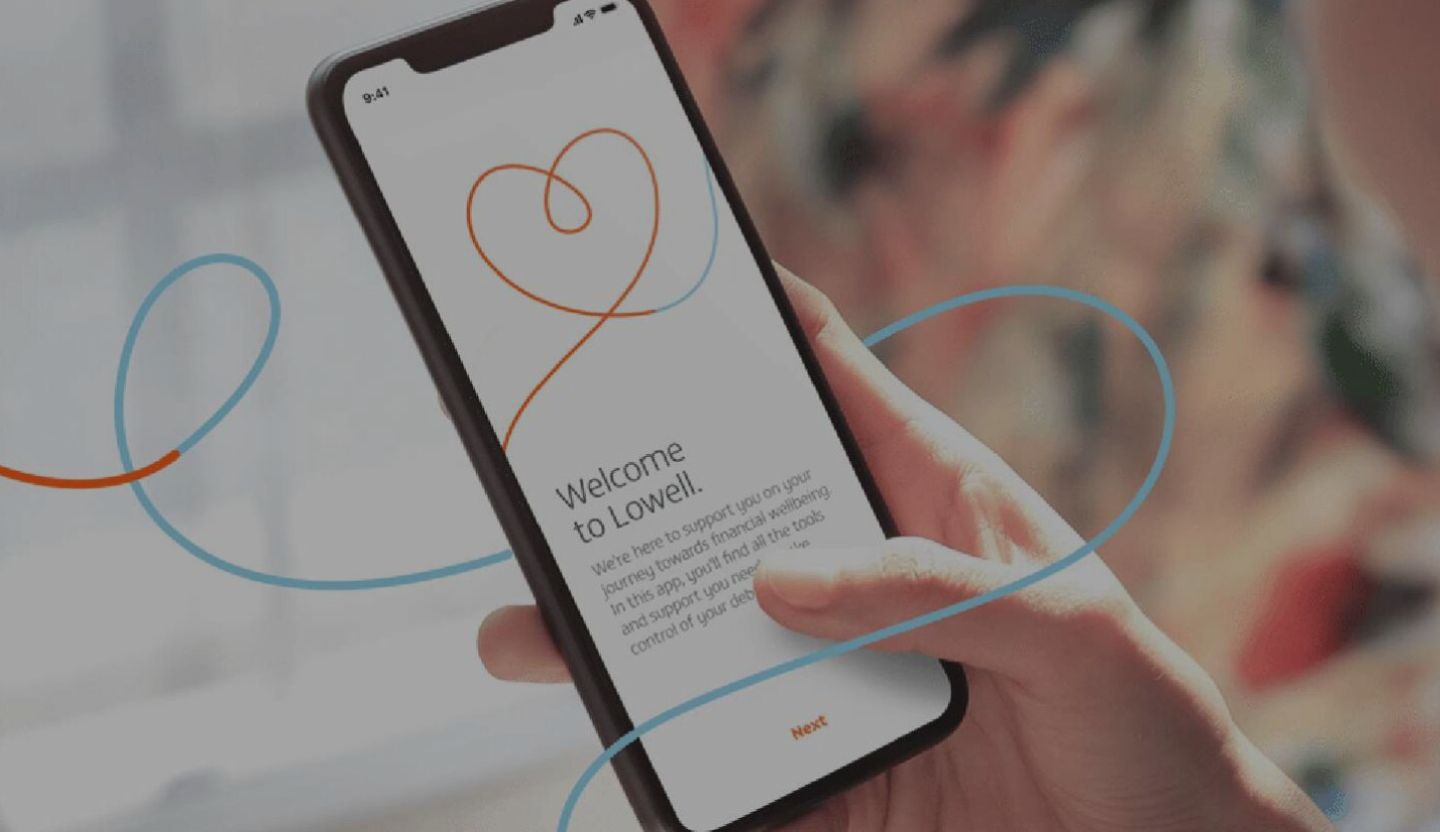Changing the brand perception of credit management company, Lowell, through targeted keywords and content.
The challenge
Lowell is a credit management company based in Leeds. Because Lowell buys debt from lots of different places, sometimes customers might not be aware that their debt has been purchased by a debt collection company. In some cases, they might not even know that they have a debt at all. This can often mean that Lowell customers don’t know they’re customers until they’ve received a letter from Lowell.
This has resulted in two key challenges; the first being that upon receiving their letter from Lowell, many customers feel unsure if they need to act. This is mostly down to a) doubts around Lowell’s legitimacy (having never heard of them) and b) confusion around Lowell being the new owner of their debt.






